Max Schreck
Рождение : 1879-09-06, Berlin, Germany
Смерть : 1936-02-20
История
From Wikipedia, the free encyclopedia
Friedrich Gustav Max Schreck (6 September 1879 – 20 February 1936) was a German actor. He is most often remembered today for his lead role in the film Nosferatu (1922).
Description above from the Wikipedia article Max Schreck, licensed under CC-BY-SA, full list of contributors on Wikipedia.
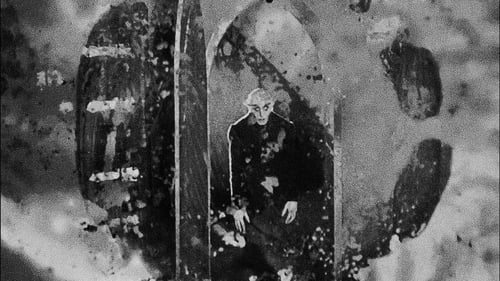
Count Orlok
One hundred years later, Count Orlok returns from the dead.

Count Orlock / The Nosferatu (archive)
A reimagining /regurgitation and re-dubbing of a classic silent horror flick! Shot in mind-shattering 2D (& 36DD), featuring T&A and epic voice-over ‘voom’, by Ms. Ilham Otaku & Pepe Chingadero! Original 1922 star Max Schreck plays (in newly tinted archive footage, mixed, with new) Count Orlock, a deviant, adulterous, shape-shifting Transylvanian vampire aristocrat & super creep, who is tearing Bremen, a new corn-hole & it's up to a 'brotha-in-a-collar' and a creole nun with a flamin' gun, to stop him, in this 'creature-feature' fang-fest! Co-Starring Canadian Scream Queen: Vivita, with new footage shot in tantalizing Watt-a-Rama & dubbed in Tex-O-Phonic Super-Sound

Graf Orlok (archival footage)
A young man encounters a dark force in this surreal and time twisting thriller.

Self (archive footage)
Famous Monster takes a fast-paced, colorful look at the life of science fiction's greatest fan - Forrest J. Ackerman, whose 85 year love affair with the genre helped bring it into the mainstream and shape the way we view science fiction today.

Graf Orlok
The horror classic, Nosferatu, remastered with a soundtrack by Type-O Negative and hosted by David Carradine.

Nosferatu
A Schmelzdahin short wherein a print of a portion of Nosferatu (including the iconic shot of the vampire on the boat) has been degraded and abstracted through the bacterialogical decomposition, disintegration, and chemical processes Schmelzdahin would use.
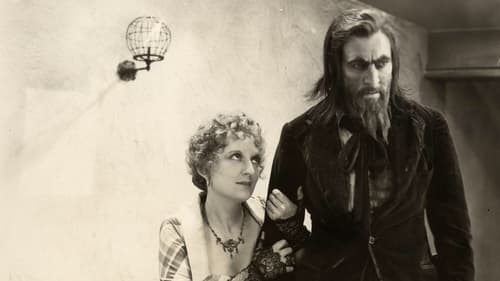
Nosferatu (archive footage)
A collection of film clips from horror movies and interviews with the actors and directors who made them.
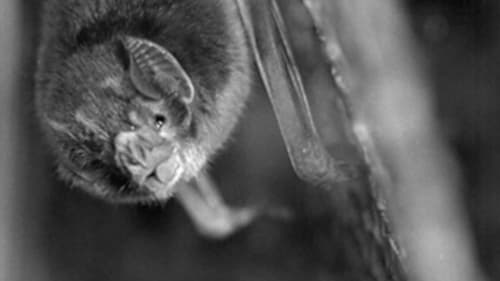
Nosferatu (archive footage)
After a look at some strange creatures, the narrator and camera take us to the Chaco forest, on the borders of Paraguay, Argentina, and Brazil, where a vampire bat lives, desmodus rotondus, attacking wildlife and domesticated creatures, killing small ones by draining all their blood and killing large ones by leaving a parasite in their bloodstream. Four inches long, with a 12-inch wingspread, we see it walk, approach a victim, pull out a patch of fur large enough for it to engage its teeth, then lap six or seven ounces of blood. Its saliva may be an anesthetic keeping its victims from waking. A stub nose and harelip contribute to its efficiency and its hideous look.

William

Herr Krause
Film by Franz Seitz.
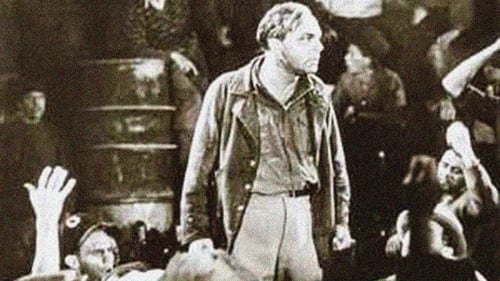
Chesterfield
The engineer MacAllan designs a tunnel, which will join America and Europe together on the seabed. A group of American billionaires are financing the gigantic project, but the construction of the tunnel is proving to be as tedious as it is dangerous. MacAllan's worst enemy is the speculator Woolf, who had embezzled the money for the construction and who is attempting to cover up his crime by carrying out acts of sabotage. Also filmed in 1933 in a French-language version, LE TUNNEL, and remade in 1935 in England as TRANSATLATIC TUNNEL.

Diener

Professor Kolski

Dracula-Nosferatu (edited from "Nosferatu")
A wisecracking narrator mocks footage featuring Frankenstein's monster and Count Dracula.
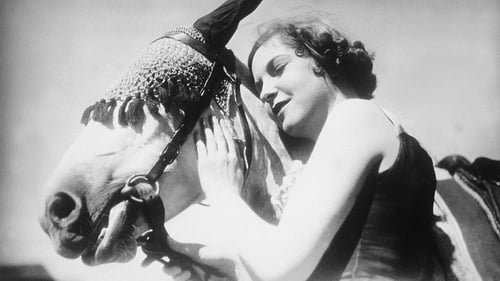
Muff
Bohemia in the 19th century, stage-coach driver Hans, loves the mayor's daughter Marie, but she is promised Wenzel, the son of another wealthy farmer. Marie refuses to marry Wenzel because of Hans, but the marriage arranger tries to "buy" Marie from Hans. But when Wenzel tells Hans, that he doesn't want to marry Marie, either, because he loves circus director Brummel's daughter, Hans decides to accept the offer of money for not interferring in the relations of Hans and Marie. But when Marie hears about this, she doesn't want to see Hans again.
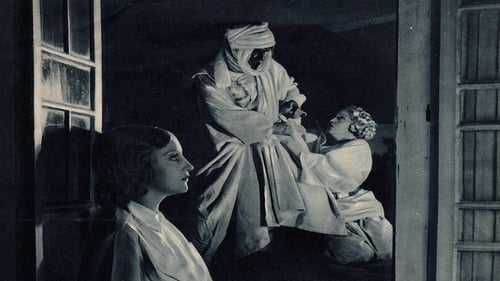
Offizier

In the last years of his life, Bavarian king Ludwig II (1845 – 1886) devotes himself to ambitious architectural projects, which strain the state coffers to the extreme. The monarch, who is afraid of people, also withdraws more and more into a dream world at his various castles. His brother is already in a psychiatric institute and Ludwig is also eventually put under the care of psychiatrist Bernhard von Gudden. The king attempts to get out from under this guardianship at Starnberg lake…

Benno Biersack

Philipps

Nikolai Nikolajewitsch
Portrays the deep intrigue and mystical fanaticism of the last days of the Romanoffs, when Rasputin, the mad monk had such a hold over them.

Alexander
German silent film about the life of Martin Luther

Kammerdiener Rietz
Silent epic on the final years of Frederick II.

Kammerdiener Rietz
Silent epic on the final years of Frederick II.

Paul Wegener gives one of his most active performances here as Captain Ramper, a heroic aviator who makes a pioneering flight across the Arctic accompanied only by Ippling, his faithful mechanic (Kurt Gerron). Near the North Pole, their plane develops engine failure and crashes in the desolate wastes. Ippling dies straight off but Ramper finds a supply base containing food which has been left behind by a previous expedition. After fifteen years in the Arctic wastes, Ramper has considerably mutated.

Troedler
A mill situated on the border between two unnamed countries and the residents therein become pawns in a future war.
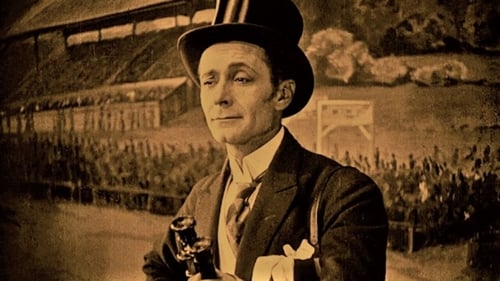
der Unheimliche
The likeable and carefree Grand Duke of Abacco is in dire straits. There is no money left to service the State's debt; the main creditor is looking forward to expropriating the entire Duchy. The marriage with Olga, Grand Duchess of Russia, would solve everything, but a crucial letter of hers about the engagement has been stolen. Besides, a bunch of revolutionaries and a dubious businessman have other plans regarding the Grand Duke. With the intrusion of adventurer Philipp Collins into the Grand Duke's affairs, a series of frantic chases, plots and counter-plots begins.

Kunde
The Mysteries of a Hairdresser’s Shop describes the absurd goings-on of a by no means ordinary hair salon, where men with great beards wait in vain for a shave while the barber takes a nap.
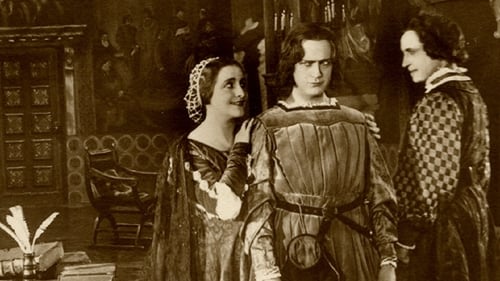
Doge of Venice
The film "Der Kaufmann von Venedig" ( The Jew Of Mestri ) was written, produced and directed by Peter Paul Felner in the silent year of 1923 and is a free adaptation of "Merchant of Venice" written by Herr William Shakespeare. It is an elegant and expensive German film production that was shot on location in beautiful and decadent Venice with some of the most important Teutonic actors of the time: Henny Porten, Harry Liedtke und Werner Krauss and even the mysterious Max Schreck.
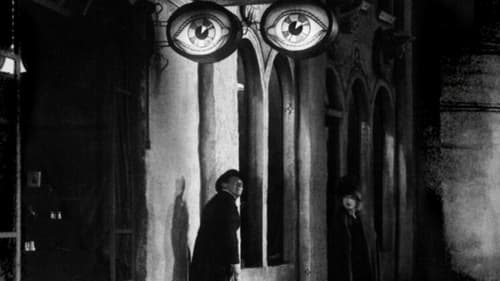
The blind man
The movie follows two distinct plot lines until the two eventually merge: the first is that of the bored middle-aged man seeking a departure from monotony in his life; the second is that of the blind man and the little boy, his grandson, who are interdependent. None of the characters have been given names and are therefore referred to only by description. The city is an expressionistic nightmare, a dangerous and chaotic place.

Grossmeister der Templeherren
Silent movie adaptation of Lessing's play. Set in Jerusalem during the Third Crusade, it describes how the wise Jewish merchant Nathan, the enlightened sultan Saladin and the (initially anonymous) Templar bridge their gaps between Judaism, Islam and Christianity.

Count Orlok
Молодой клерк Хуттер из Бремена первой трети XIX века отправляется за тридевять земель, в карпатские леса, к инфернальному графу Орлоку, владельцу замка, решившему перебраться в крупный город. Гость выясняет, что Орлок, известный и как Носферату, — вампир, и от его заражающего укуса Хуттера спасает лишь супруга Нина, сверхъестественно сильно влюблённая в скромного и безвольного служащего конторы по продаже недвижимого имущества. Именно она понимает, какое зло несёт в себе мрачный граф.

Don Mendo













